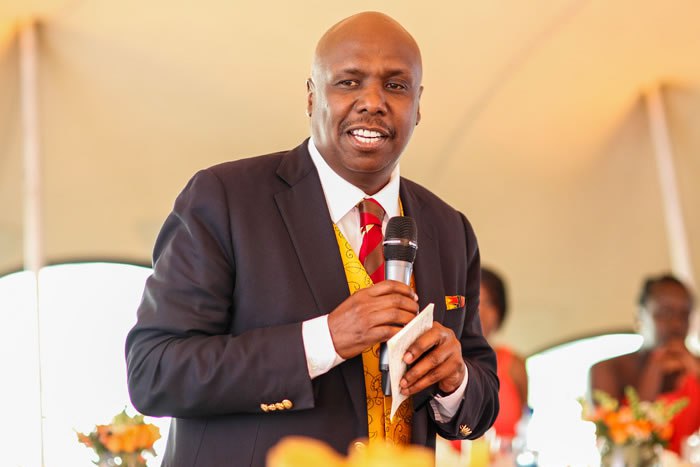Baringo Senator Gideon Moi has been placed under DCI probe over how his company acquired a tender to construct peripheral cargo storage facilities on behalf of Kenya Ports Authority (KPA) next to the Inland Container Depot (ICD) in Nairobi.
According to local media reports, Mitchel Cotts a firm linked to Gideon Moi and former president Daniel Arap Moi’s aide Joshua Kulei, and another company, Nairobi Inland Cargo Terminal, allegedly earned tenders illegally, a year after the controversial decision to clear cargo at the ICD was made in mid-2018.
DCI is probing how the two companies which were not among the 30 companies that applied for the contracts after the government, following the realisation that the Standard Gauge Railway (SGR), was not doing well as thought of before, insisted that cargo be cleared in Nairobi.
DCI is also probing KPA boss Daniel Manduku whose directive seemingly benefited cartels who created cargo delays at the Nairobi depot, leading to an outcry by importers, that they were losing up to Ksh70 million daily on storage and detention charges.
“There are people who engage in consolidation. They bring goods in containers, claiming they are in transit while their real motive is to evade paying tax. That is not right and we will not allow it. Many times our traders operate without knowledge of the government procedures and we would like all boardroom decisions disseminated to the traders,” Kenyatta stated after storming the depot twice and ordered officials to deal with the issue.
After the President’s directive, the head of public service wrote to government agencies at the ICD to reduce their presence at the facility, further directing Kenya Ports Authority (KPA) to lease storage facility outside the ICD.
The opportunity attracted 30 companies but Gideon Moi’s and Nairobi Inland Cargo Terminal companies that never applied corruptly landed the tenders.
“It will be good to note, however, that the role of issuing contracts for the peripheral storage facilities is a KPA role. KRA only inspected the facilities before they were commissioned, as required by law,” Safari argued and defended.

















